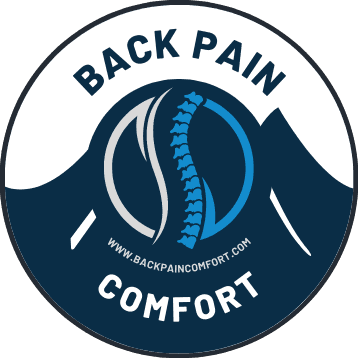
Back pain can be a debilitating condition that affects every aspect of your life. While many focus on physical therapy and exercise to manage pain, diet plays a crucial role as well. Incorporating certain foods and nutrients can help reduce inflammation and promote overall spinal health. Here are five essential diet tips to help alleviate back pain and improve your quality of life.
1. Anti-inflammatory Foods
Inflammation is a common cause of back pain. Consuming anti-inflammatory foods can significantly reduce inflammation and pain. Include foods rich in omega-3 fatty acids like salmon, flaxseeds, and walnuts. Add plenty of fruits and vegetables, especially berries, leafy greens, and tomatoes, which are packed with antioxidants that fight inflammation.
2. Stay Hydrated
Dehydration can worsen back pain by affecting the spinal discs, which need hydration to maintain their cushioning properties. Aim to drink at least eight glasses of water a day. Incorporate hydrating foods like cucumbers, watermelons, and oranges into your diet to keep your body well-hydrated.

3. Calcium and Vitamin D
Calcium and Vitamin D are essential for maintaining strong bones and preventing spinal issues. Dairy products like milk, cheese, and yogurt are excellent sources of calcium. For Vitamin D, consider fatty fish, fortified foods, and getting some sunlight exposure. If necessary, supplements can also help meet your daily requirements.
4. Limit Processed Foods
Processed foods often contain unhealthy fats, sugars, and preservatives that can exacerbate inflammation and pain. Avoid foods like chips, sugary snacks, and processed meats. Instead, focus on whole foods that provide essential nutrients without the harmful additives.
5. Healthy Fats
Incorporating healthy fats into your diet can help reduce inflammation and support spinal health. Opt for sources like avocados, olive oil, and nuts. These fats contain omega-3 fatty acids and other beneficial compounds that can help alleviate back pain.
Making these dietary changes can significantly impact your back pain management. By focusing on anti-inflammatory foods, staying hydrated, ensuring adequate intake of calcium and Vitamin D, limiting processed foods, and including healthy fats, you can support your spine and reduce discomfort.
Remember, while diet is crucial, it should be part of a comprehensive approach that includes physical activity, proper posture, and possibly medical interventions. Always consult with a healthcare professional before making significant changes to your diet or health regimen.






